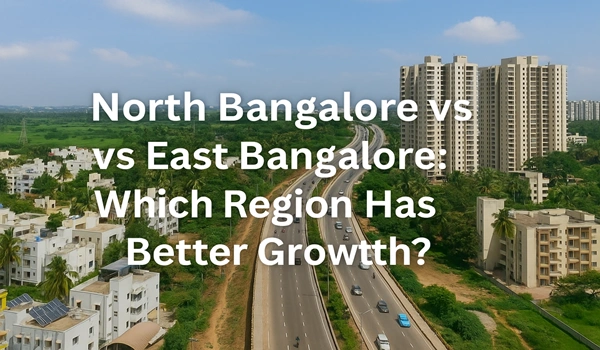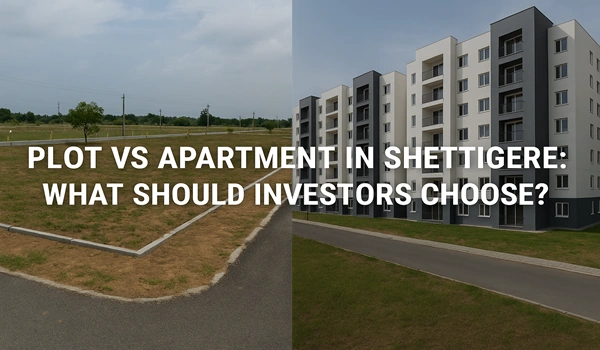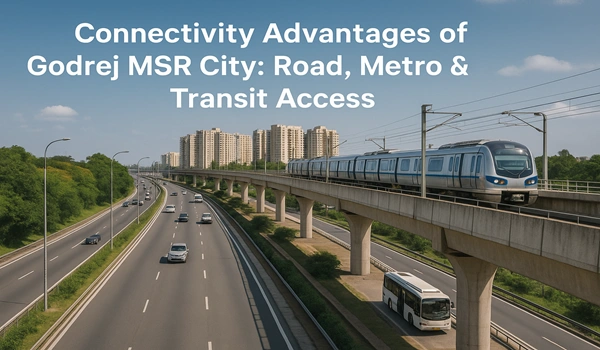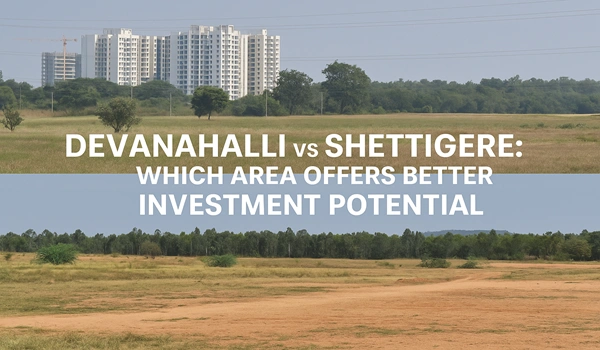Solar Integration in Modern Apartments: Cost vs Benefit
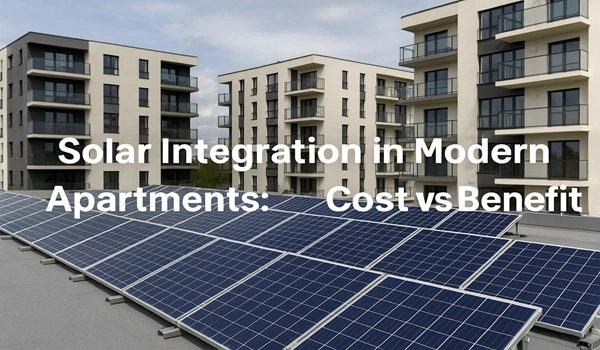
As sustainability becomes central to urban planning, solar energy is no longer limited to large industrial or standalone properties. Across growing cities like Bangalore, especially in developing areas like Shettigere, modern residential projects are actively exploring solar integration. This shift is driven by ever increasing energy costs, environmental awareness, and supportive government policies.
Projects such as Godrej MSR City are reflective of this transition, offering infrastructure that supports solar adoption to meet part of the community’s energy needs while reducing dependence on conventional sources.
The Cost of Solar Integration in Apartments
The cost of first installing solar systems can vary based on the type, scale, and efficiency of the technology used. For multi-unit apartment complexes, solar energy systems are often installed in common areas for lighting, elevators, water pumps, and clubhouses.
Common cost factors:
- Solar panels: Ranges from ₹30 to ₹45 per watt for standard installations
- Inverter systems: ₹10,000 to ₹50,000 depending on size and output
- Batteries (optional): Additional cost if off-grid backup is needed
- Installation and maintenance: Typically 10–15% of equipment cost
For example, a 5 kW rooftop solar system typically costs between ₹2.2 lakh to ₹3 lakh in Bangalore, before subsidies. For a large apartment complex, shared solar setups can significantly bring down per-unit costs.
Government Subsidies and Incentives
The Government of India, under the Ministry of New and Renewable Energy (MNRE), provides capital subsidies for residential rooftop solar systems. In Karnataka, the BESCOM Solar Rooftop Scheme offers:
- Up to 40% subsidy for systems up to 3 kW
- 20% subsidy for 3–10 kW systems
- Net metering facility allowing apartments to feed excess power back into the grid
These schemes reduce the upfront cost and enhance the return on investment, making solar integration more financially viable in locations like Shettigere, where developers plan for sustainable amenities from the design stage.
Long-Term Benefits of Solar Integration
Despite the upfront investment, the long-term benefits of solar installations are notable:
- Lower Electricity Bills: Solar power reduces reliance on grid electricity, especially for common area consumption.
- Return on Investment (ROI): Payback period ranges between 5 to 7 years, after which energy becomes virtually free.
- Increased Property Value: Buyers increasingly prefer energy-efficient homes with lower operating costs.
- Environmental Impact: Decreases the carbon footprint and promotes clean energy adoption in urban residential sectors.
- Energy Security: Reduces exposure to fluctuating electricity tariffs and power cuts.
In growth corridors such as Shettigere, where infrastructure and real estate developments are still in the planning or early construction stages, solar integration can be more efficient. Buildings can be designed with optimal rooftop orientation, adequate structural support, and integrated wiring.
Godrej MSR City, located strategically near the Kempegowda International Airport and supported by green infrastructure planning, is well-positioned to include solar-ready designs. Such integration not only reduces long-term operational costs for residents but also aligns with the city's broader sustainability goals.
Solar energy is emerging as a practical and sustainable solution in the residential sector. For modern apartment complexes in Bangalore, particularly in emerging micro-markets like Shettigere, the balance between cost and long-term benefit strongly favors solar adoption.
Projects like Godrej MSR City demonstrate how responsible urban development can incorporate clean energy without compromising on comfort or design. As electricity tariffs rise and environmental standards evolve, solar-integrated homes will continue to set new benchmarks in urban living.

